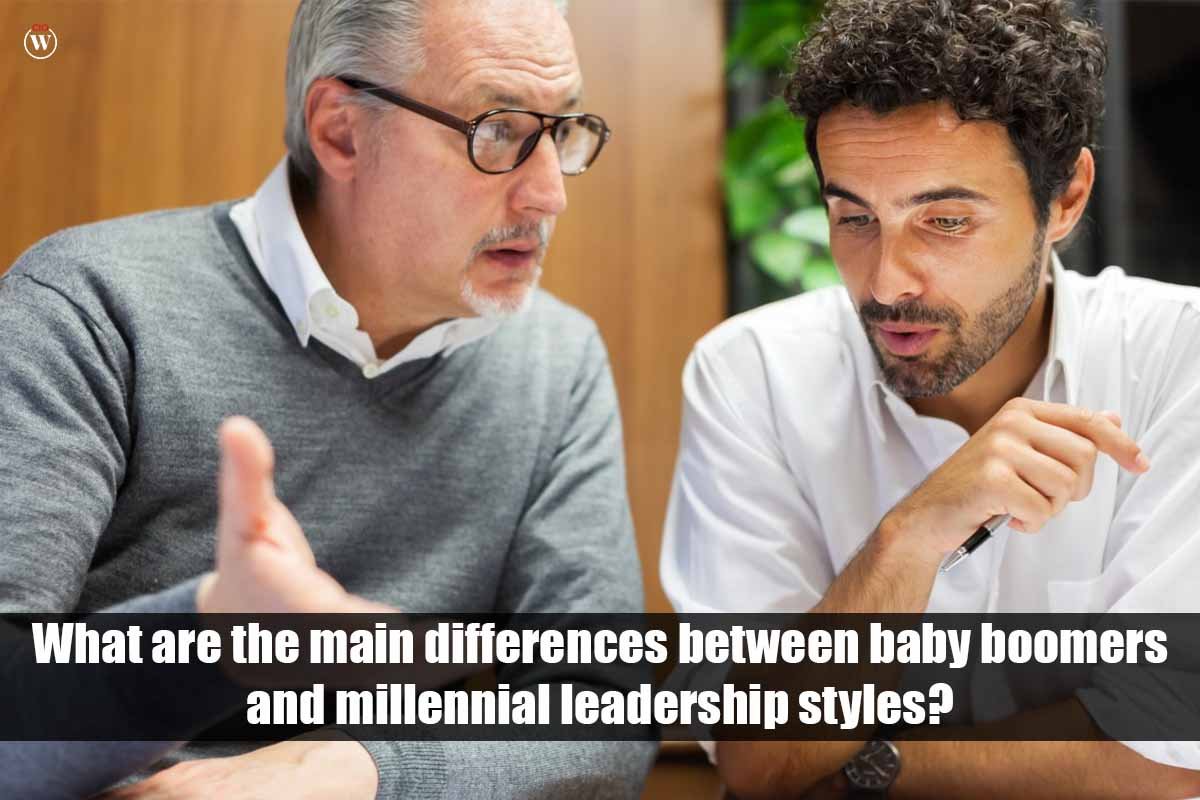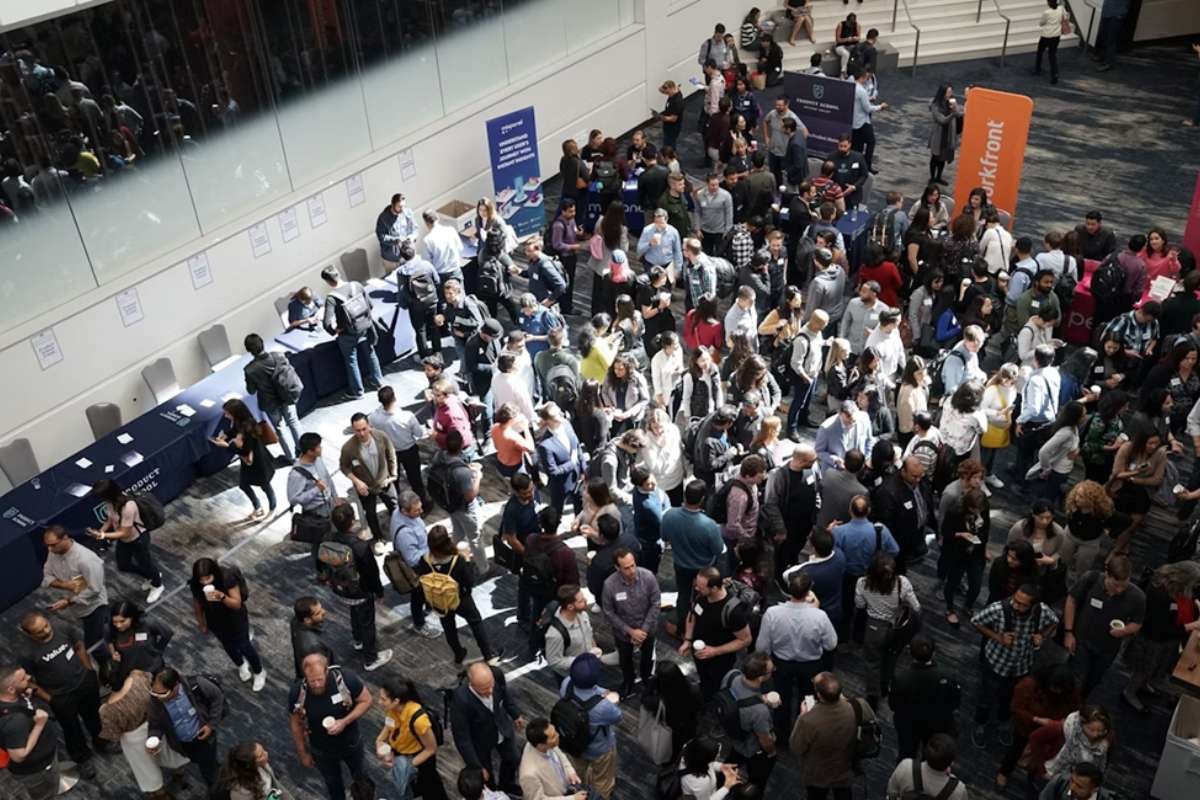The Baby Boomers and Millennial Leadership Styles generations are only separated by one generation in terms of their approaches to leadership. This age disparity has been sufficient to bring about a profound change in the perspectives held by the younger people who are now rising up to control the globe.
Baby Boomers, who came of age during an era of postwar conservatism and economic recovery, adhering to the “pull yourself up by your bootstraps” school of thought, which held that success is a reward for toil and effort. They put in many hours of labor to ensure that their children would have opportunities in life that they themselves had been denied.
Between Baby Boomers and Millennial Leadership Styles, Millennials and members of Generation X have grown up in a world where they have access to options and a worldview that empowers them that their parents and grandparents were never exposed to. What impact has this phenomenon had on the Millennial generation’s capacity for leadership? Is the context in which they operate really that unlike that of the Baby Boomer generation of those in positions of authority? Let’s examine each of the groups and observe how the situation has changed inside them.
The Baby Boomer Generation
Baby Boomers were brought up by a generation that was exposed to the horrors of war, loss, and hardship; as a result, Baby Boomers have constructed their lives on the foundation that was laid for them by their parents. Getting an education was the first step in what has been a fairly consistent and predictable trend throughout their lives.

They would then be married shortly before or at the same time that they began their professional careers, and they would put forth a lot of effort to advance their careers. Over the course of time, all of this contributed to emotions of self-accomplishment. It is essential to keep in mind the following fact: Baby Boomers see self-accomplishment as the ultimate goal of their professional lives, and they anticipate that attaining this goal will require a significant amount of personal sacrifice.
Between Baby Boomers and Millennial Leadership Styles, Baby Boomers have a reputation for being fiercely loyal to their employers and possessing strong leadership skills. They have come to terms with the fact that there is a hierarchy inside the organization and that in order to achieve a position of authority, they will need to climb the ranks.
They are able to collaborate well with others and have the willingness to put out whatever effort is required in order to achieve their goals. The term “workaholic” is often used to refer to members of the Baby Boomer generation. This is due to the perception that working long hours is the price that must be paid in order to be successful. After a hard day’s work, one should take some time to relax and enjoy life.
Millennials
Between Baby Boomers and Millennial Leadership Styles, The groundwork that was laid for Millennials is one that has endowed them with an inexhaustible supply of self-assurance and excitement. Not only have they been inspired to pursue whatever career path they see for themselves, but it is also expected of them that they will excel in that field. They have an enterprising and pioneering mindset.
A Millennial is certain that they will find the business, create the website, or develop the product that everyone will be talking about in the next six months. As a result of this mindset, the leadership styles of Millennials tend to deviate significantly from the pattern followed by Baby Boomers. In order to further their professions, they often put off getting married and starting families.

Nonetheless, their perspectives on their professional lives are distinct from those of the Baby Boom generation: At the very beginning of their professional lives, Millennials want to feel as if they have accomplished something worthwhile. They don’t just want to put in their time at work; they need to have the impression that they’re contributing to something meaningful. People could switch from one firm to another in order to look for this opportunity.
They need to derive meaning from what they are doing in the here and now in order to realize that life is not something to be experienced and enjoyed in the future. As a consequence of this, Millennials place a far higher priority on having a good time in life as opposed to putting in long hours at work in the hope of achieving financial success. They have a far more sympathetic leadership style, and they really care about the success and happiness of others around them.
What Kind of Implications Does All of This Have for the Future?
Does this imply that Millennials lack the strong leadership qualities of previous generations? That they place such a high priority on enjoying what they’re doing that they won’t complete a task if it makes them unhappy because they’re so focused on how wonderful it makes them feel? This is not even close to being true. The conclusion of Baby Boomers and Millennial Leadership Styles that can be drawn from all of this is that Millennials are a flexible generation that is willing to put in a lot of effort to meet the standards of leadership styles that are compatible with their lifestyle.

Even if they may work from home or leave the office at 5, they nevertheless make sure that the task at hand is completed well. They have a high level of motivation, creativity, and technological expertise because of the high expectations they have placed on themselves to do great things in a very short amount of time. While their approach could be different between Baby Boomers and Millennial Leadership Styles, the Millennial generation’s objective is the same as that of their Baby Boomer predecessors: they want to leave a better world for the next generation.








